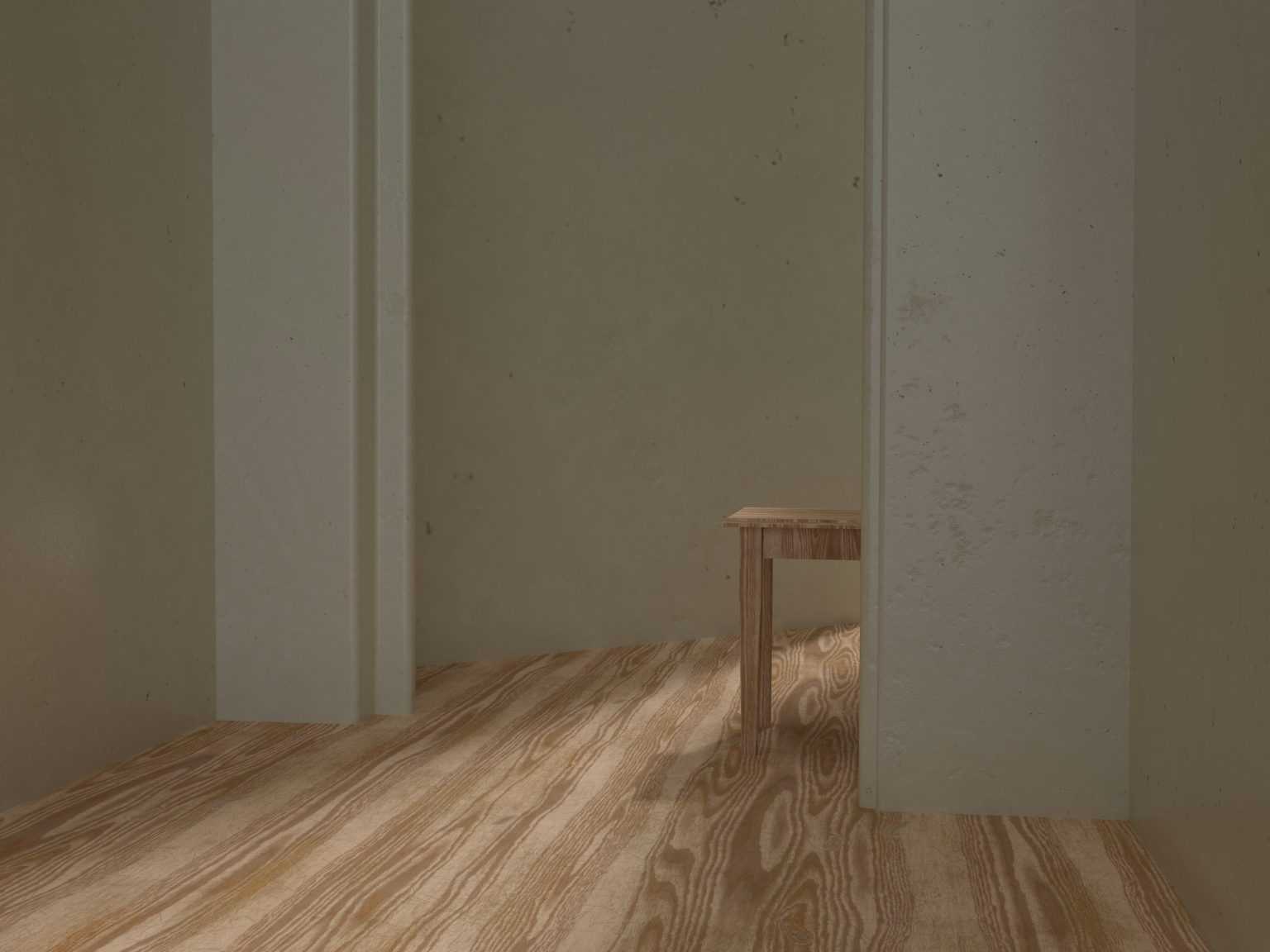Flooring impacts aesthetics, functionality, and even resale value so making the right choice for your UK home is a significant decision. Two frontrunners in the race for the perfect floor are hardwood and laminate. Both boast unique advantages, but understanding their key differences will empower you to make the best choice for your abode. At Gillett Flooring contractors London, we provide expert guidance to help you choose the best flooring solution for your space. In this blog post, we’ll explore the key differences between hardwood and laminate flooring to help you decide which option is right for you.
Hardwood Flooring: Classic Elegance for Discerning Homes
Hardwood flooring, crafted from solid planks of natural timber, embodies timeless elegance. Oak, walnut, maple – the very names evoke a sense of warmth and sophistication. Here’s what makes it a beloved choice for British homes:
- Unparalleled Beauty: Hardwood boasts a natural grain and colour variation that synthetic materials simply can’t replicate. It elevates any space, adding a touch of luxury and timeless appeal.
- Durability for Generations: Properly cared for, hardwood floors can last for decades, even centuries. Their inherent strength makes them a sound investment, potentially increasing your home’s value.
- Easy Maintenance: Contrary to popular belief, hardwood requires minimal upkeep. Regular sweeping, occasional mopping with specific cleaning solutions and prompt addressing of spills keeps floors looking pristine.
- Allergy-Friendly: Hardwood provides a hypoallergenic surface. Dust and allergens have little place to hide, making it a boon for allergy sufferers and pet owners alike.
- Warmth Underfoot: Hardwood retains heat well, creating a naturally warm and comfortable feel underfoot. This is particularly welcome in colder British climates.
However, hardwood flooring isn’t without its drawbacks:
- Cost Factor: Hardwood flooring is one of the more expensive options. The material itself, along with professional installation, can add up.
- Susceptibility to Water: While generally water-resistant with proper sealing, excessive moisture exposure can warp or damage hardwood floors. Extra care is essential in kitchens and bathrooms.
- Prone to Scratches: While durable, hardwood can scratch with heavy furniture or stiletto heels. Regular maintenance, like using area rugs in high-traffic areas, can mitigate this concern.
Laminate Flooring: Budget-Friendly Performance
Laminate flooring offers a budget-conscious alternative, mimicking the look of natural wood with a photorealistic top layer. It’s a popular choice across the UK for its practicality:
- Affordable Charm: Laminate presents a cost-effective way to achieve the coveted hardwood aesthetic without breaking the bank. This makes it ideal for budget-conscious homeowners.
- DIY Installation: Laminate planks often feature a click-lock system, allowing for DIY installation. This can significantly reduce project costs compared to professional hardwood installation.
- Scratch and Fade Resistance: Laminate boasts a tough wear layer, making it resistant to scratches, scuffs, and fading caused by sunlight. This is ideal for busy households with pets or children.
- Water Resistance: While not entirely waterproof, laminate flooring is generally more resistant to occasional spills than hardwood. This makes it a more suitable option for kitchens or utility rooms.
- Wide Design Variety: Laminate offers an incredibly diverse range of styles and finishes. You can find options replicating various hardwood species, stone, or even tiles, catering to diverse design preferences.
However, laminate has limitations to consider:
- Lifespan: While durable, laminate flooring doesn’t quite match the longevity of hardwood. Extensive wear and tear might necessitate replacement sooner.
- Not Real Wood: Laminate, despite its realistic appearance, lacks the natural warmth and texture of genuine hardwood.
- Potential Noise Issue: Laminate flooring can be slightly noisy underfoot, especially when installed on concrete subfloors. Consider underlayment for improved sound insulation.
- Limited Resale Value: Unlike hardwood, which can enhance a home’s value, laminate might not have the same impact.
Deciding Between Hardwood and Laminate: A Guide for UK Homes
Now that we’ve explored both options, the big question remains: which flooring is right for you? Here’s a breakdown of key factors to consider:
- Budget: Hardwood commands a higher price tag, including installation. Laminate is a budget-friendly option, especially for larger areas.
- Lifestyle: Hardwood is best for low-traffic areas and requires more care. Laminate suits active households with pets or children due to its resilience.
- Moisture Exposure: Hardwood needs protection from excessive moisture. Laminate is more tolerant in kitchens or bathrooms, but immediate spill clean-up is crucial.
- Aesthetics: Hardwood offers unparalleled natural beauty. Laminate provides a wider range of styles at a lower cost.
- Future Plans: Hardwood can significantly increase a home’s value, while laminate’s impact is less pronounced.
In Conclusion
The choice between hardwood and laminate flooring in the UK is a matter of personal preference, budget, and lifestyle. Hardwood offers timeless elegance, durability, and potential value appreciation, but comes with a higher price tag and requires more maintenance. Laminate provides a budget-friendly alternative with ease of installation, durability, and water resistance, but may not match the natural beauty or longevity of hardwood.
Ultimately, the best flooring for your UK home is the one that aligns with your specific needs and aesthetic preferences. Consider factors such as budget, lifestyle, moisture exposure, desired aesthetic, and future plans to make an informed decision that will enhance both the beauty and functionality of your living space.


